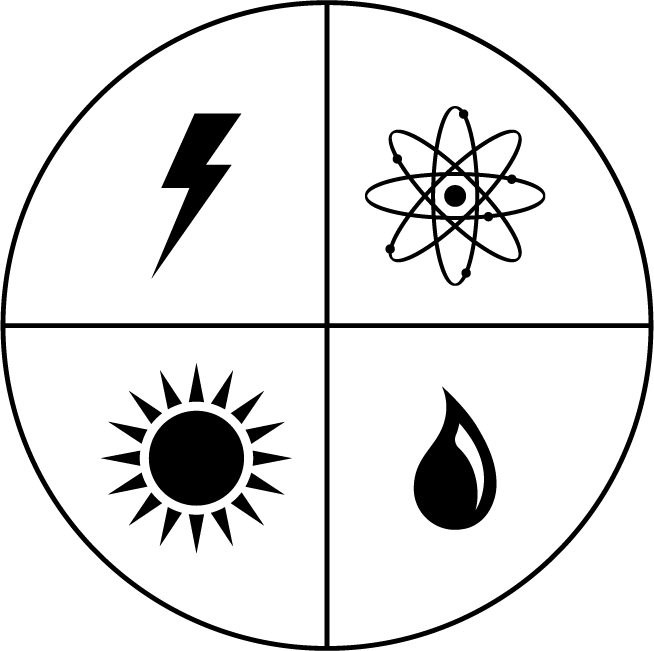The purpose of The Next Giant Leap and Scarcity Zero is to make the world a better place. In conveyance of the ideas and technologies therein, multiple types of multimedia are used to help explain varied concepts, ideas, and systems. Whenever possible, care has been taken to commission original works to describe these nuanced details. Of works commissioned for this purpose, you are free to use them for any purpose – commercial or otherwise – provided that their source clearly indicates original basis for The Next Giant Leap at https://nextgiantleap.org. You need not ask permission for their re-use; however, if you would like high-definition images of any of the originally commissioned works used herein, please get in touch and I will work to provide them for you.
In regards to the copyright of this work, any part may be reproduced without permission so long as the reproduction is a) non-commercial, b) if commercial, that such reproduction is only a segment consisting of no more than 20% of the total commercial work and cited appropriately to https://nextgiantleap.org, AND c) the work in cases A and B are objectively in the public interest.
Use of non-commissioned multimedia:
In certain instances, this work uses original/copyrighted imagery to help explain concepts and ideas. This multimedia, without exception, is used in accordance with 17 U.S. Code § 107 – Limitations on exclusive rights: fair use, also known as “The Fair Use Doctrine,” as they are, without exception, used only once, and further are used for purposes of public education in furtherance of the public interest as specified under 17 U.S.C § 107.
If you are a copyright holder of any of the copyrighted works used herein and wish to have them excluded from future use, simply get in touch with me and I will oblige and recommission original works under my own copyright based on original data. No intent is made to capitalize on any reserved copyright, if your work was included, it was done so exclusively because it was of requisite quality to help explain concepts in the public interest in accordance with the Fair Use Doctrine.
